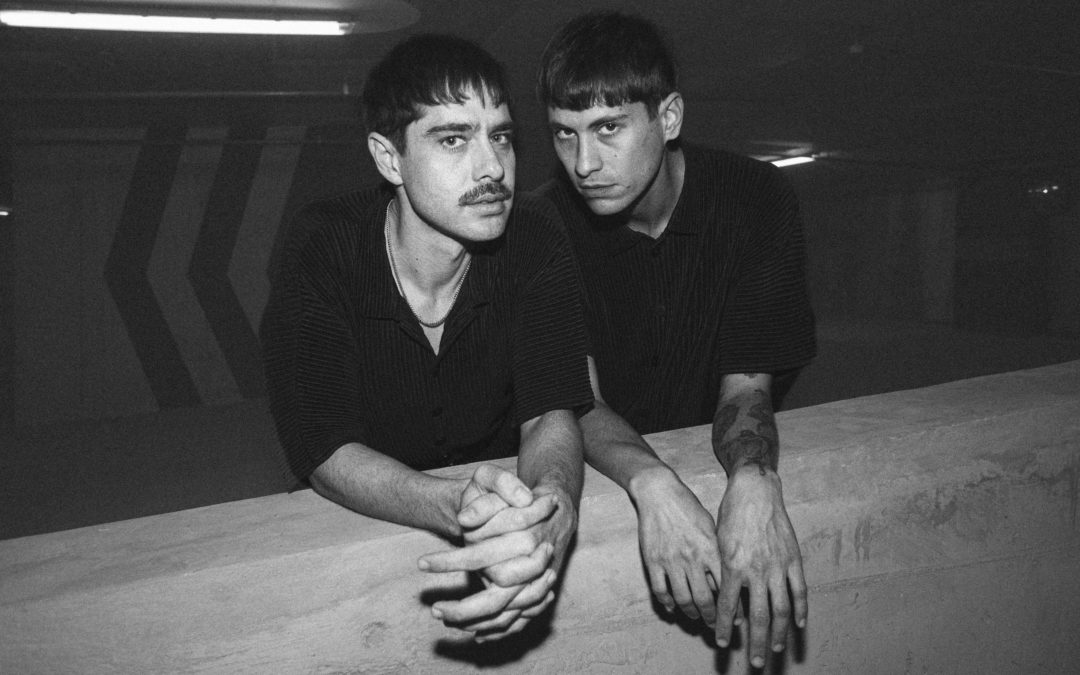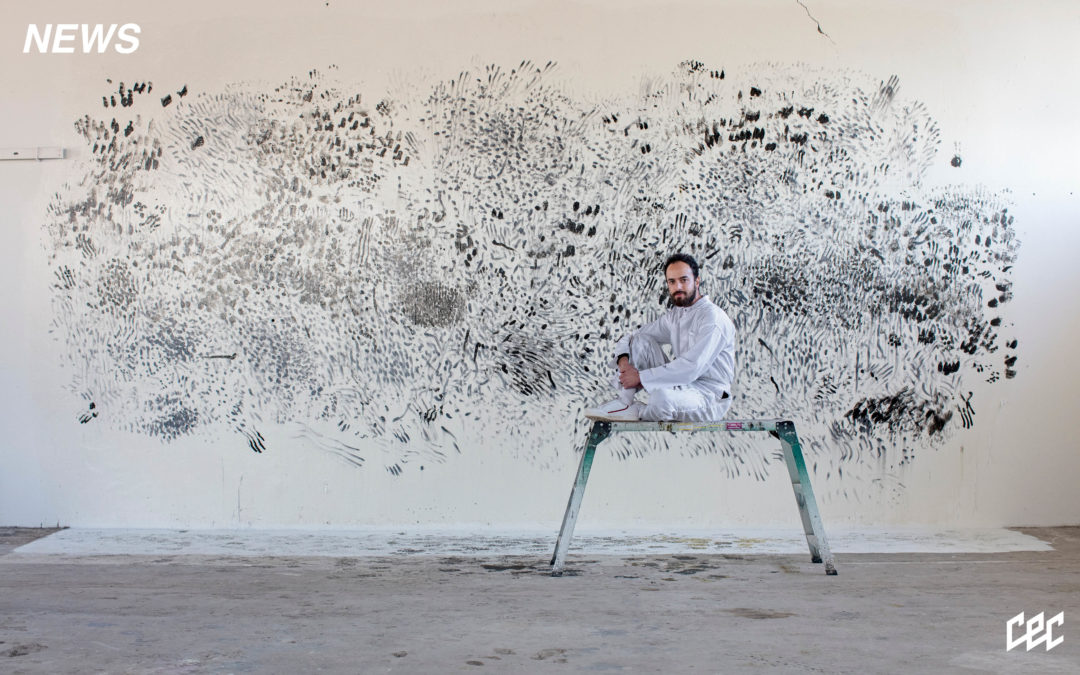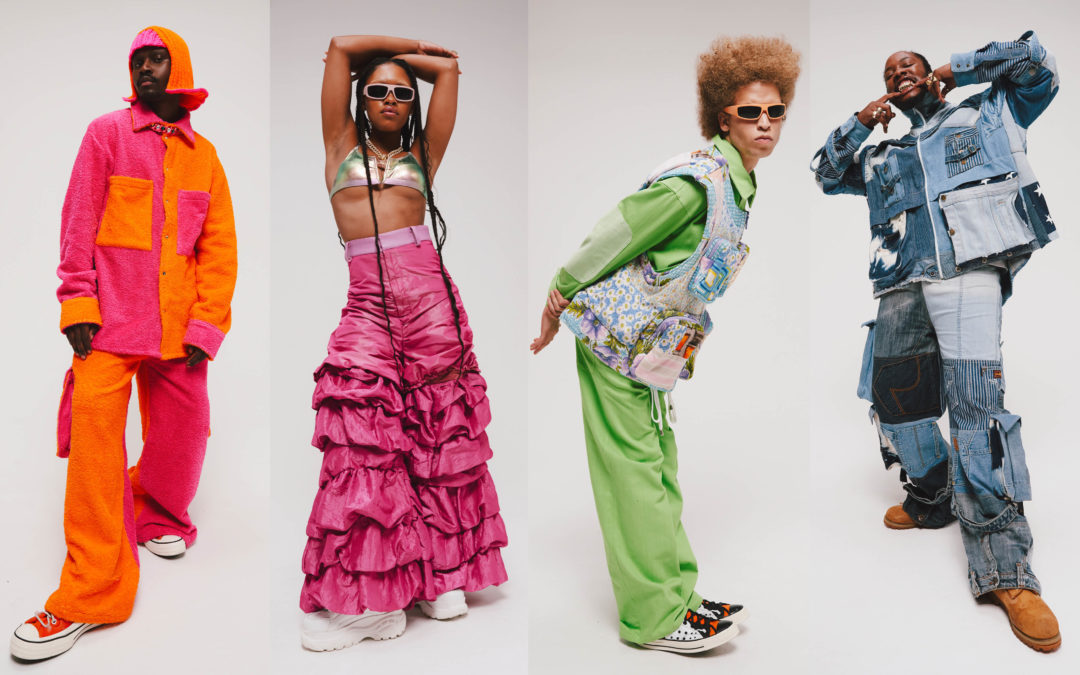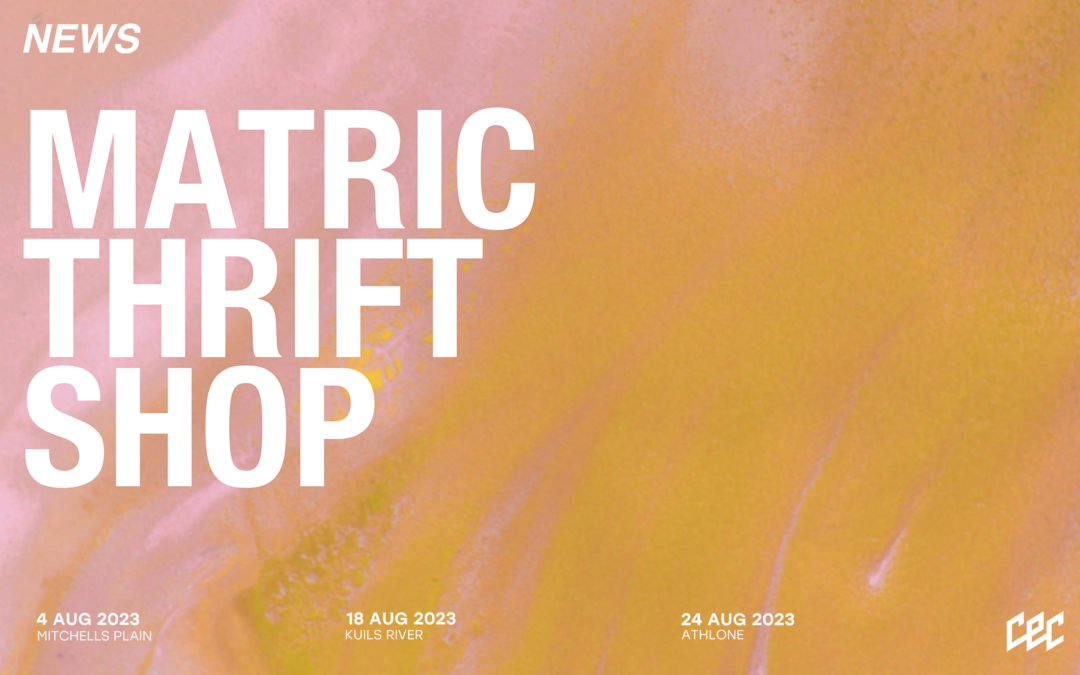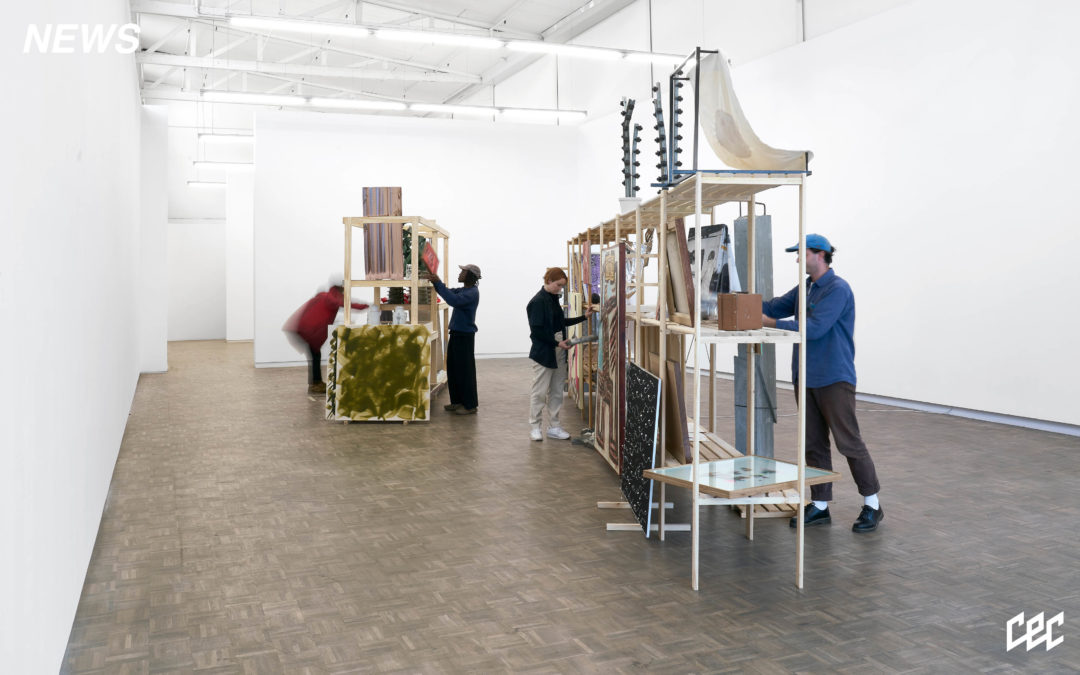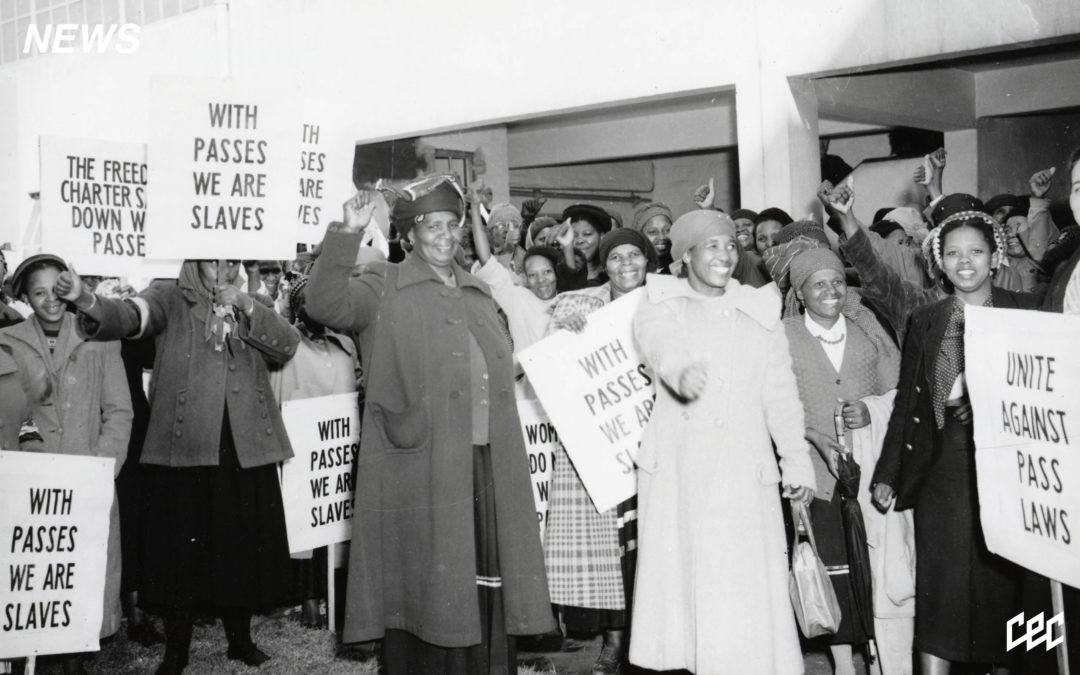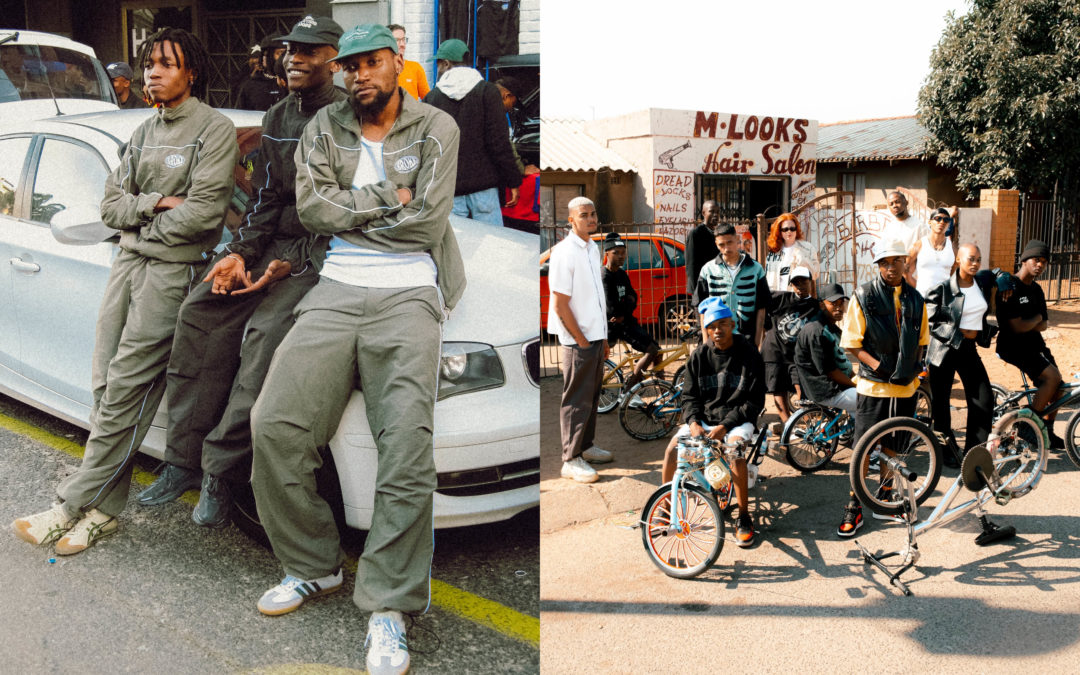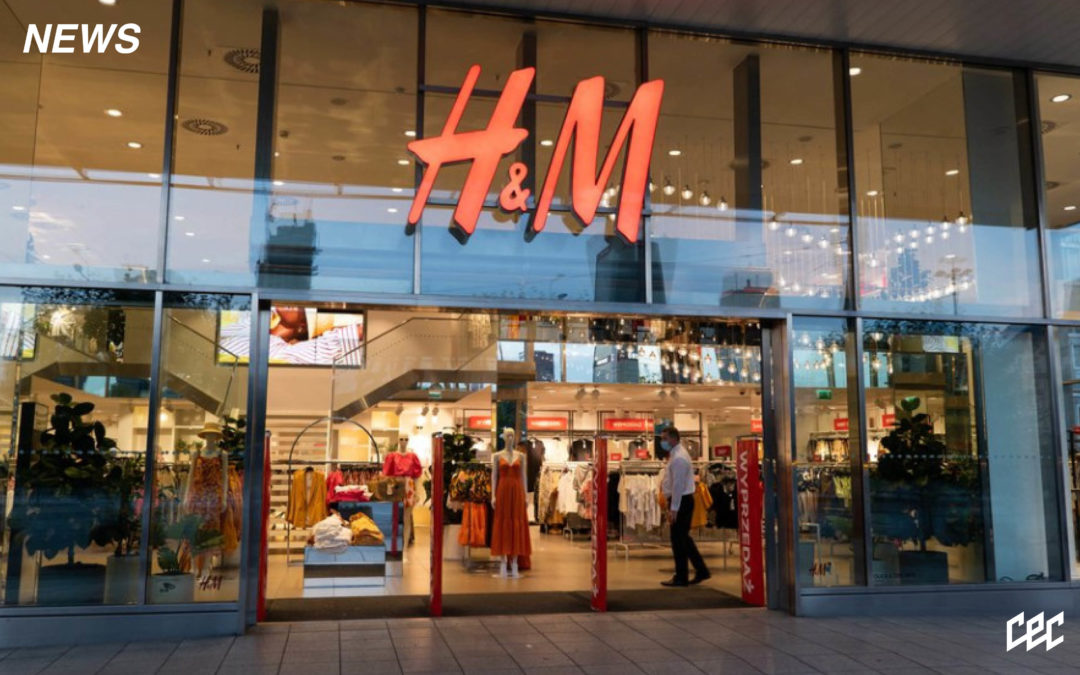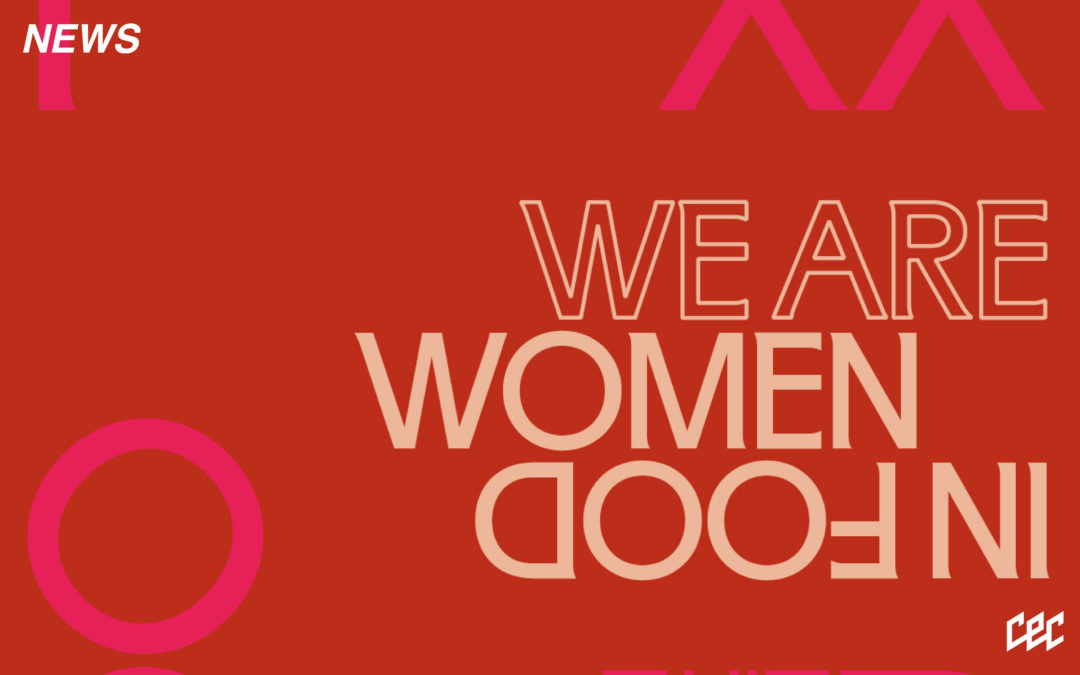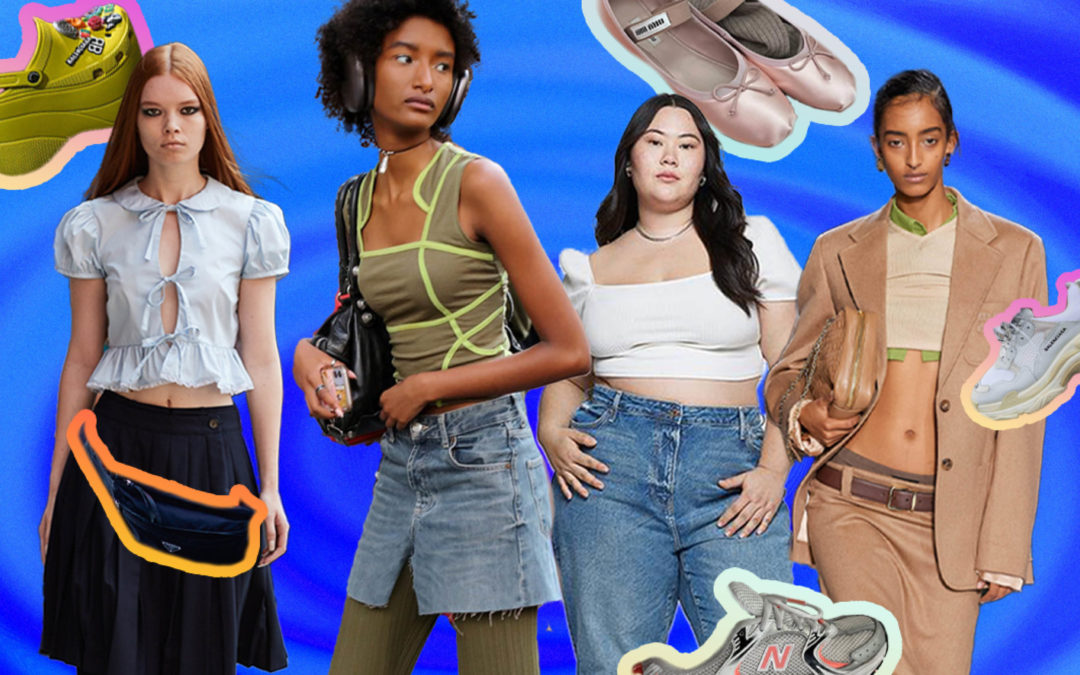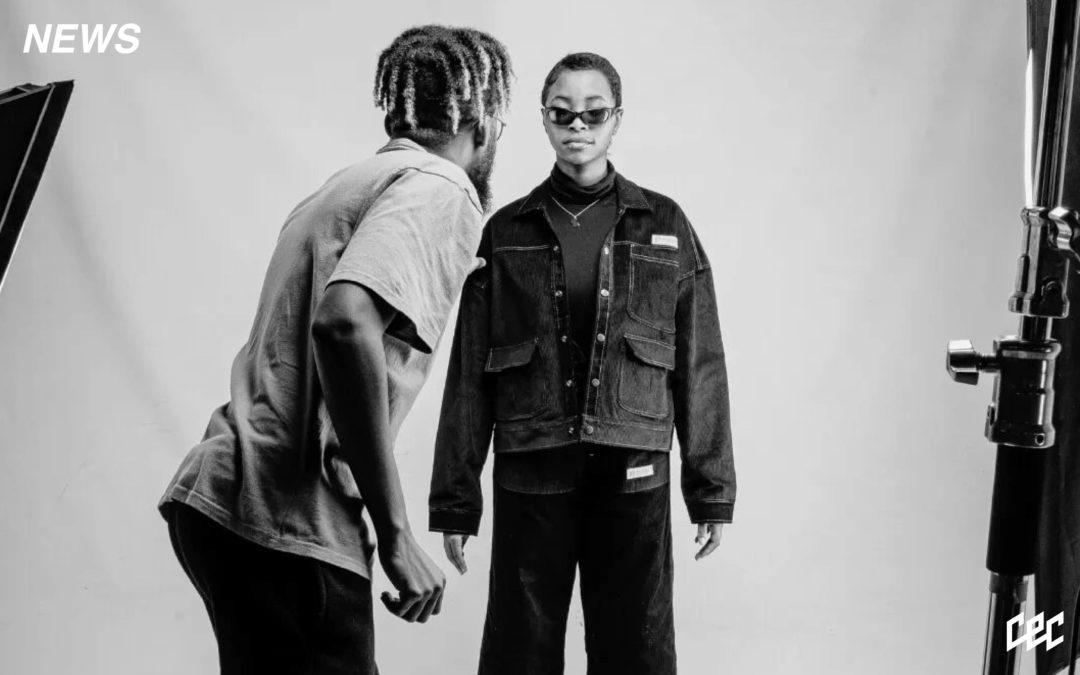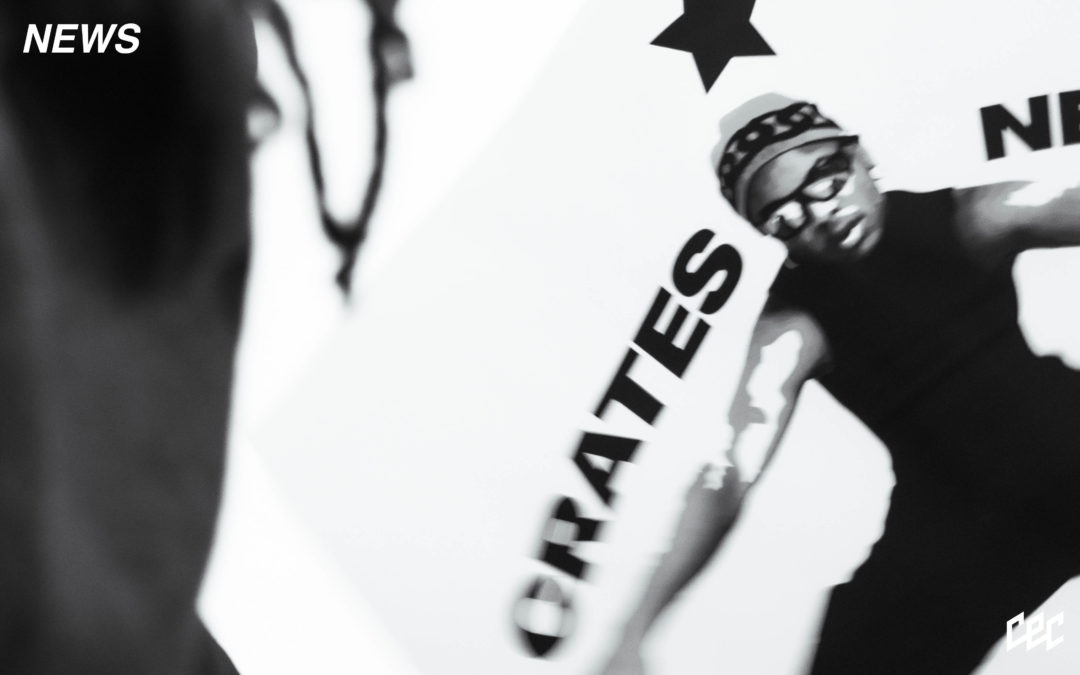When Virgil Abloh passed away unexpectedly (to us, the public) in 2021 – a huge vacuum was left, both in his personal capacity as a mentor and wayshower to his peers, colleagues and the broader culture; and also professionally, with his acclaimed role heading up Louis Vuitton’s menswear. Virgil’s appointment to the role of artistic director in 2018 was historical; he was the first Black person to head up the luxury brand, and one of the first of few Black designers in any fashion house, in Europe, ever. This was and still is historical; and Virigl’s legacy is one the reverberates across many creative industries, and into the cultural and socio-political intersection of society; giving rise to the determination of young, Black youth that their dreams are possible, and their voices as progenitors and preserves of culture is essential. What many might forget today, though, is how fitting the recent appointment of multi-hyphenate Pharrell Williams to the vacant role actually is.
To premise this discussion, it’s important to note how the fashion industry exists today in the practical sense. Yes, it would be wonderful if it was just about the clothes; if fashion brands today existed solely to produce and sell clothing, and to titillate our sense of wonder and fantasy through sartorial powers. This is not what fashion is anymore (and I mean, specifically the brands under big conglomerates like LVMH and Kering) and for some purists, it would be great if technically trained designers were the only viable options for these positions. But in the interest of shifting our naivety, the point of fashion brands like Louis Vuitton is a complex web of capitalism and cultural narratives; that harken to its own 150 year historical and nostalgic view of luxury fashion, in order to mythologise the fashion house, and to ultimately; sell products. I am not saying this in a moralistically critical sense – nor is this a critique of the system – it is literally the fact, and that is the agenda. Once we can recognise the singular modus operandi of Louis Vuitton – to increase growth and profitability beyond what has ever been conceived of in the fashion industry – then we can begin to understand why someone as multi-talented like Pharrell is the new head at Louis Vuitton, and not someone who traditionally and literally is able to design clothing.
The moment luxury fashion houses began mass-manufacturing and selling perfumes, accessories – cell phone covers – the more critical it is that we recognise what these brands exist to do. Louis Vuitton’s commercial success in the last few years is a the stuff of fairytales for capitalist-magnates like Bernard Arnault (according to Forbes, currently the richest man in the world) and the appointment of an artistic director to lead this charge, requires someone who is uniquely positioned to create synergy between a commercial audience, conceive and create products, and to have that translated through the codes of the brand in runway shows, stores, and in marketing campaigns. As a creative director, there is very little requirement to be sketching – or to be sewing – those technical abilities are roles served by the ateliers, whom Pharrell will be in close collaboration to excuse his vision. Virgil himself was never a ‘fashion designer’ in the traditional sense of the term, and in fact – it was a point of confidence for him that he had not been shaped by a linear model of thinking as a fashion designer. As a trained architect, with vast experience in product development, Virgil’s success at Louis Vuitton was crucial because he had the widest scope across design and culture; from furniture, to clothing, to interiors, architecture, music, art and experiences. What Virgil did, within all of this, is to legitimize a brand like Louis Vuitton for a Black audience and beyond; and all of his work serves as eternal iconographies of the intersection between streetwear and luxury fashion, that today seems almost indistinguishable. To continue this thread of impact and the culturally relevancy of Louis Vuitton, Pharrell makes perfect sense; because he was literally one of the first to ever do it. Pharrell’s career and life is streetwear, hip-hop, luxury and artistic cultural lore. Pharrell and Louis Vuitton’s relationship is also older than Virgil’s was – with Pharrell being one of the first hip-hop artists to collaborate with a luxury brand, in 2004 and 2008. With WWD reporting; ‘Upon the announcement of Williams’ appointment as artistic director, Pietro Beccari, the brand’s chairman and CEO, issued a statement saying, “I am glad to welcome Pharrell back home, after our collaborations in 2004 and 2008 for Louis Vuitton, as our new Men’s Artistic Director. His creative vision beyond fashion will undoubtedly lead Louis Vuitton towards a new and very exciting chapter.”
In speaking to fellow fashion writer Ulindelwe Ratsibe, he raises an interesting point around the criticisms of this appointment, “I am not going to question Pharrell’s capability. He’s done work with Chanel and many other brands. I think he would be a phenomenal creative director. I think the celebrity of it all is disappointing because we are trying to recreate all of the Virgil magic which I know can create the continuity. What I think is the problem is, do we need to recreate the Virgil magic? Virgil made a mark on LV because of what he introduced to the universe as a Black man doing street wear. I don’t think we need a continuation. I think we need to break new ground. People like Martine Rose and Grace Wales Bonner who would have broken new ground at LV with access to an atelier and all of the resources, and with them the potential of being the first Black women CD’s at a legacy house.” I wonder though, with LVMH’s competitive streak, if they are willing to take risks when Virgil’s success remains commercial gold, even today?
For those who don’t remember, Pharrell and NIGO (founder of A Bathing Ape and currently head of Japanese luxury fashion brand, Kenzo) founded Billionaires Boys Club; one of the first, luxury-style streetwear brands, in 2003. With its sub labels like Ice Cream and Bee Line, this moment in cultural history is one where hip-hop was emerging out of the 90s underground status it had held – no longer purely countercultural, the early 2000s is the era of MTV, of music videos, and of rap redefining itself as an aspirational movement beyond just music. Producers like Pharrell are one of the most shining successes of this time; demonstrating an immense ability to use music as a segue into a myriad of creative disciplines. It appears this is his next chapter, and one that I am incredibly excited to see unfold. I have no doubt that when Virgil found himself at Louis Vuitton, he had Pharrell to look to as a vanguard of the cultural trajectory and empowerment of Black culture as the blueprint and source. What we deem as cool and covetable – most often leads back to the Black, African people of the continent and diaspora, but that’s a deep conversation for another day, but it’s important to remember when we are watching fashion history being made. Fashion is indiscernible from culture or politics, and it is a necessary agent for a world that no longer must facilitate the rules of racial or cultural exclusivity. Whether fashion commentators like it or not, whether they want a “real’’ fashion designer or not, Virgil’s legacy defies all the rules of luxury fashion – the idea that his legacy is more important right now than the legacy of the house of Louis Vuitton – is unprecedented, and LVMH recognises this. Pharrell feels like the right fit, and I’m excited to see how it makes the role his own.
Pharrell’s first inaugural show will be in June this year, at Paris Men’s Fashion Week.
Feature Images Credits: Pharrell, LV Blanket images - courtesy of Louis Vuitton
Written by: Holly Beaton
Published: 15 February 2023

